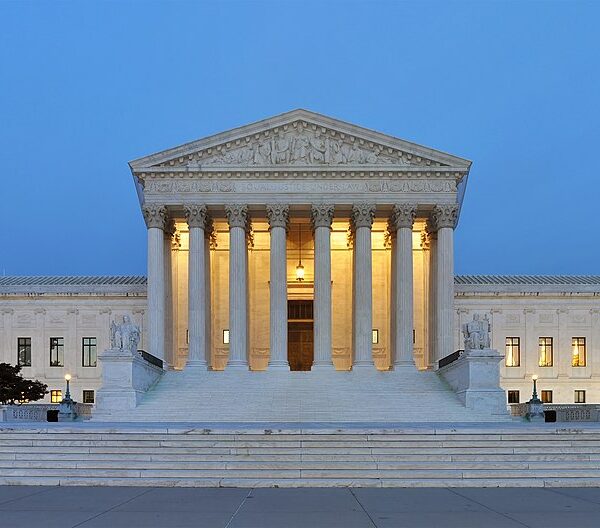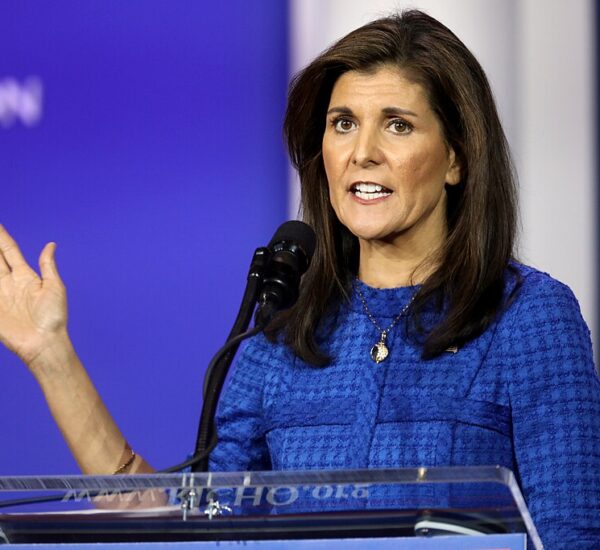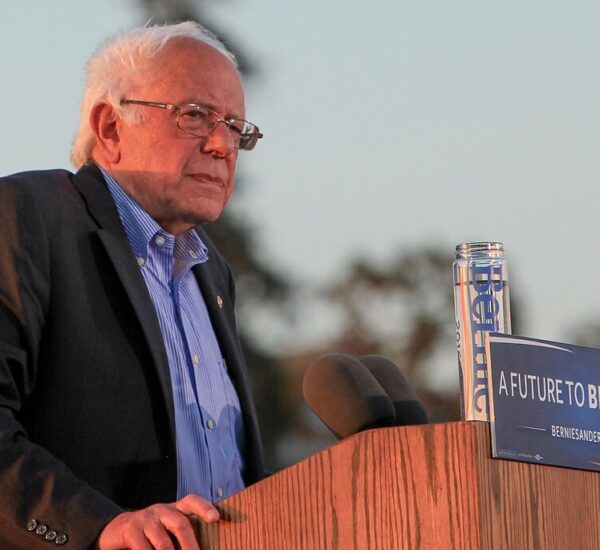The Supreme Court deals another blow to Trump. Pathetic.
In a significant legal setback for the Trump administration, the Supreme Court issued a 5-4 ruling on Wednesday that refused to block a lower court’s order demanding the immediate release of nearly $2 billion in foreign aid payments. These payments were owed under existing contracts, marking the first major instance where President Trump’s efforts to overhaul federal spending have reached the high court.
The decision came as a blow to the administration’s attempts to reshape how taxpayer dollars are spent, particularly in relation to foreign aid. Justices John Roberts and Amy Coney Barrett agreed with the three liberal justices in the majority, while the conservative wing of the court—Justices Clarence Thomas, Samuel Alito, Neil Gorsuch, and Brett Kavanaugh—dissented sharply.
Justice Alito, in his dissenting opinion, expressed his astonishment at the ruling, arguing that a district court judge, particularly one who may not even have jurisdiction, should not have the power to compel the government to pay out billions of taxpayer dollars. He wrote, “The answer to that question should be an emphatic ‘No,’ but a majority of this Court apparently thinks otherwise.” This dissent highlights the concerns of conservatives about the overreach of federal courts and the executive branch’s authority.
The Trump administration has been actively working to scale back the U.S. Agency for International Development (USAID) and its foreign aid programs. This includes actions like freezing payments to contractors and firing employees, which has sparked multiple lawsuits from USAID contractors seeking payment.
At the heart of the case is U.S. District Judge Amir Ali’s decision, which ordered the Trump administration to resume the unpaid contracts and grants from USAID. Ali, appointed by President Biden, gave the administration a tight deadline to comply. When the Trump administration appealed, citing difficulties in meeting the deadline, the Supreme Court refused to grant an emergency intervention, allowing the lower court’s order to stand.
Critics argue that the government’s failure to act swiftly on these obligations is largely self-inflicted, with contractors warning that they will be forced to shut down without the funds. They urged the court to deny the administration’s request, emphasizing that the lower court’s decision was made within its “sound discretion.”
This ruling underscores a growing divide between the conservative and liberal justices on the court regarding the limits of executive power and the role of federal courts in overseeing government spending. The decision also raises questions about the future of foreign aid and the Trump administration’s broader agenda to scale back the scope of U.S. foreign assistance.






